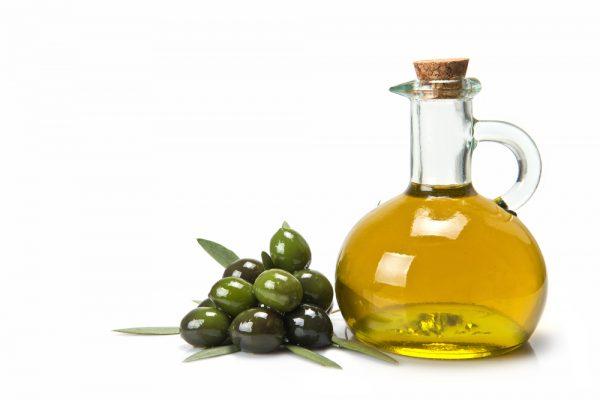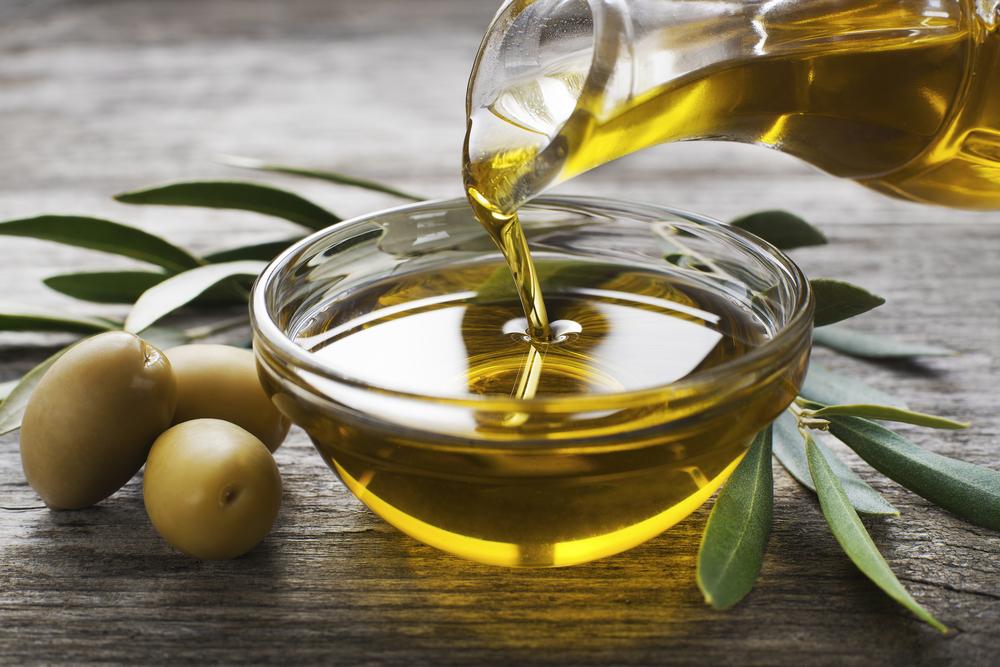To the ancient Greeks, “everything had a purpose,” says Maria Benardis. These days, trendy superfoods bearing exotic names and origins are touted for their magical, cure-all abilities. But the ancient Greeks recognized the super in the everyday. All food was used for both sustenance and healing, and the ancients wrote extensively on the properties of each ingredient. Benardis documents much of their knowledge in her books, “My Greek Family Table” and “Cooking & Eating Wisdom for Better Health.”
Olive Oil

Olive oil. Angel Simon/Shutterstock






